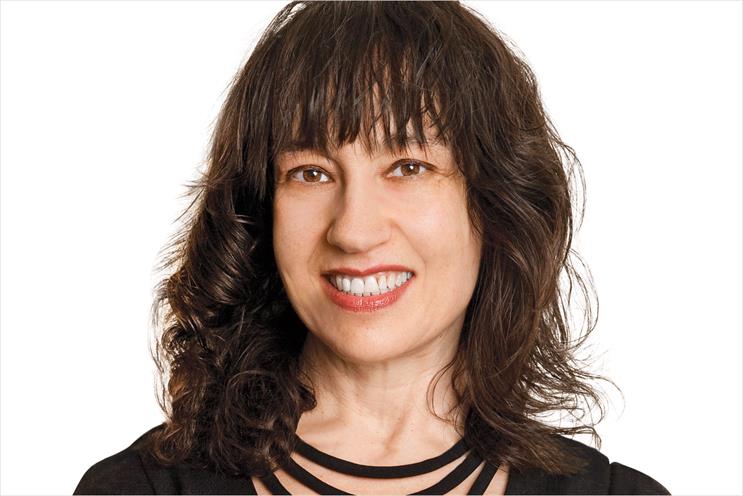The reveals what the cultural conditions were that allowed The Walking Dead to become such a worldwide hit and how different nations would really respond to a real-life zombie .
How much has the world wide web changed everything? More than a decade ago, Bill Gates said: "The internet is becoming the town square of the global village of tomorrow." Back then, the dominant language of that town square was English. Not any more. English’s dominance has shrunk since the 90s (from 80 per cent to 30 per cent). And it will surely continue to change. Today, the diversity of internet languages does not nearly reflect the spoken reality. Of the 6,000 languages worldwide, only 130 are operational on Google.
The language you speak makes a difference to how you’re heard in that metaphorical town square and, according to a report from the , it looks as if that difference is considerable. One of the authors, Mark Graham, says that the current language inequality online (for instance, the dominant language on Wikipedia in Africa is English, followed by French) may "reinforce colonial-era patterns of information production and representation". So much for increased global diversity and equality, then. Graham comments: "Rich countries get to define themselves; poor countries get defined by others."
While we can expect the number of languages online to grow, few believe most languages will feature. The academic András Kornai believes only 5 per cent will digitally. Global use of the web will accelerate the disappearance of some of the other 5,000-plus languages and therefore reduce cultural diversity. Is there a role for a global brand that celebrates diverse culture here?
Overall, will the internet shape culture and erode differences or will cultural differences – eventually, inevitably – shape the internet at an increasingly fast pace as mobile internet reaches that PC internet never did?
You can already see how culture affects the way people operate online. For a start, 140 characters in Chinese is much richer than the equivalent in English. It is not as concise a constraint. Meanwhile, Facebook users are more likely to post about themselves; users of Renren, the Chinese equivalent, tend to share posts that benefit the wider group. This speaks volumes about the cultural differences in individualism.
There is a digital language divide that is as ancient as the Tower of Babel. Sir Martin Sorrell has pointed to a towards global and local emphasis from clients (with less focus on regional), certainly in organisational terms. This surely makes sense as global brand strategies need cultural traction in each market. A forensic grasp on the digital language divide and its evolution, and cultural differences, is now essential for any multimarket plan.
Sue Unerman is the chief strategy officer at MediaCom
@SueU


